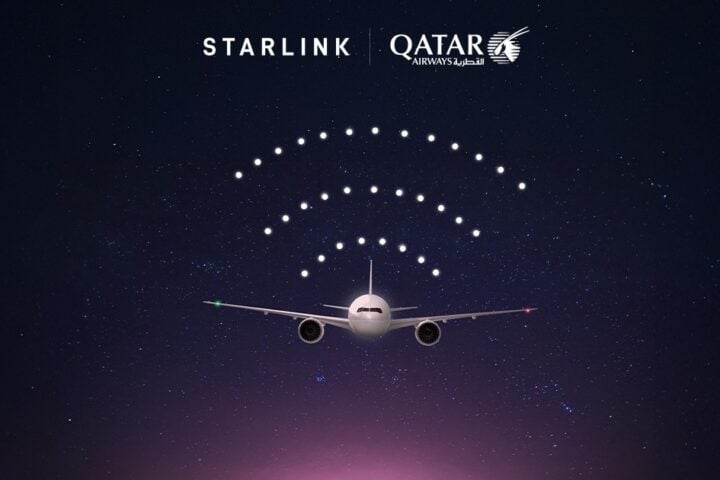Nearly half of American Millennials and Gen Z workers would take a pay cut for better workplace well-being support, reveals a major global study. This significant shift in priorities is something employers increasingly can’t ignore.
The Global Longevity Study by the Oxford Longevity Project and Roundglass surveyed 14,000 people across 25 countries in spring 2024. The generational divide is clear: 50% of workers under 43 would sacrifice salary for well-being benefits, compared to just 20% of Baby Boomers.
“Mental health is one of the top three priorities of people worldwide today,” says Gurpreet “Sunny” Singh, founder of Roundglass. “Employees don’t want to sacrifice their well-being for a job. If employers don’t address this issue, it’s going to hurt the company’s bottom line.”
This trend extends globally. In Egypt, 73% of workers prioritize well-being over salary, as do 71% in India and 62% in China.
Mental Health Concerns Driving Change
Young workers are struggling with their mental health at work. The 2024 “Mind the Workplace” report found 71% of Gen Z employees and 59% of Millennials reported unhealthy work health scores, citing high stress and lack of psychological safety.
Burnout is widespread, with a Deloitte survey showing 50% of Gen Z and 45% of Millennials feeling burned out. Many also feel disconnected from colleagues and lack purpose in their roles.
This health focus comes despite serious financial challenges. Research shows 33% of 25-34 year-olds in the UK have “negative wealth” with debts exceeding assets by £8,313 on average. Yet wellness spending remains high in these groups.
Similar Posts
What Young Workers Want
Flexibility now ranks as essential. A study found 64% of Gen Z workers consider flexible work options a must-have, and 61% would accept lower pay to work for organizations valuing mental health and inclusivity.
These changing expectations are creating workplace tensions. JP Morgan CEO Jamie Dimon recently criticized younger employees’ work-from-home habits, telling them: “You have a choice. You don’t have to work at JP Morgan.”
Business Response

Companies are being forced to adapt. SHRM research shows 61% of Gen Z employees would leave their current job for better mental health benefits elsewhere.
“It’s the younger, generally healthier generations who are leading the charge,” says Singh. “Boomers and Gen X most urgently need to take a page from the younger generations.”
Leslie Kenny from the Oxford Longevity Project explains: “Younger generations are taking their health more seriously because they’ve watched their parents and grandparents live longer lives, often while managing chronic diseases.”
For employers competing for talent, the message is straightforward: health benefits have moved from optional perks to workplace essentials
















